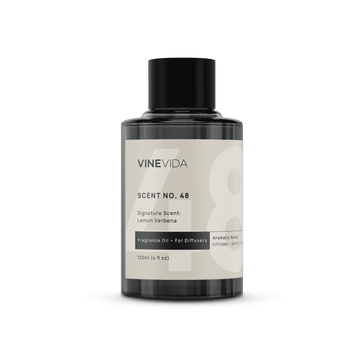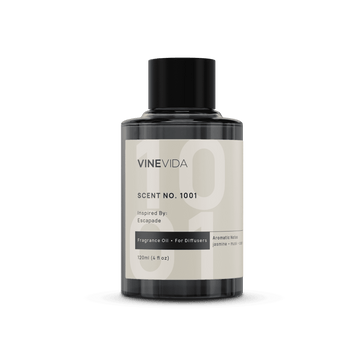With the increase of essential oil use in our homes you may be wondering, is tea tree oil safe for cats?
Yes, tea tree oil is safe for cats. Tea tree’s components can assist with killing fleas, keeping cuts clean, and will help clear infections. As with any essential oil, proper dilution is needed when using essential oils at any time, but especially with your pets.
Understanding the Issues Surrounding Cats and Essential Oils

Cats do not possess the same enzyme we use in our livers to break down certain constituents, such as those found in essential oils. For this reason, the concentration of chemicals remains high in their systems, leading to such issues as breathing conditions, weakness, skin irritation, and more. (PDSA, 2020) You might think, “I don’t plan for them to drink the oil,” and assume all is well.
But even just this one drop can be harmful when you consider all the ways essential oils can be introduced to their system, even inadvertently. Imagine a droplet of essential oil landing on your cat’s coat and then your cat grooming himself. This one drop, followed by the act of cleansing himself, can cause issues. For this same reason, even topical applications of certain oils will create problems, despite dilution, as the oil is still present in the dilution.
This leads to a discussion of diffusers and how they might cause issues as well. Oil and water do not mix, and therefore as the oil is diffused, it remains in its original state. As droplets are introduced into the air, these droplets can land on your pets. Even reed diffusers and evaporator could present the same risk if used in a room your pets spends a lot of time in.
In addition, Pets, especially dogs and cats, have a heightened, more sensitive sense of smell than humans; thus, many fragrances are potential irritants. Where humans have around 5 million odor sensors, a cat’s odor sensors pass 200 million. Their sense of smell is said to be 9-16 times better than ours.
Are there any Essential Oils that are Safe for Cats?
There are several options to choose from that will provide you with peace of mind. First, let’s discuss some of the essential oils you should avoid. The main ones include eucalyptus, cinnamon, any of the citrus oils, peppermint, pine, wintergreen, and ylang-ylang.
Cats tend to enjoy scents like rose, lavender, and geranium, as well as clary sage and sweet marjoram. It is always essential to dilute any essential oil you use, even if using it in a diffuser. Since their sense of smell is so much stronger than ours, you should ensure there is good airflow in whatever room you use the oils in and leave a door open so they can leave the room if needed.
Remember, every cat is different, and just like humans, they may react more intensely to some scents than others. It’s also important to remember that every animal’s biological makeup is unique.
Symptoms Of Poisoning
Any time you introduce something new in the home, you must monitor reactions. Essential oil toxicity can happen fast or build up over time. Symptoms can range from a runny nose or itchy eyes to skin irritations and weight loss.
Watch out for them drinking more water than usual. Be mindful of coughing as well. It may seem like they’re coughing up a hairball, but instead, they could be suffering from a respiratory infection. If you notice anything odd happening with your pet, first get them out into the fresh air. If removing them from the scent doesn’t help, seek urgent veterinary assistance. Usually, being moved away from the scent will help. If not, then seek urgent veterinary assistance. If your pet is in distress, they should be seen immediately. It may be a good idea to take whatever essential oil they’re reacting to with you.
Is Tea Tree Essential Oil Safe For Cats - Conclusion
Is tea tree essential oil safe for cats? Yes, as long as it is used in low dilutions. If they happen to come in contact with a large amount somehow there are some things you can do. Remove them from the room if it’s being diffused. If it seems to be irritating their skin add some carrier oil to try to dilute it down further. Both olive and sunflower oil are options for your pet. After applying the carrier oil, add a little shampoo to try to wash it off. Continue to monitor the situation and, if need be, visit your veterinarian. As noted previously, take your bottle of oil with you so they can accurately check toxicity rates for you.















